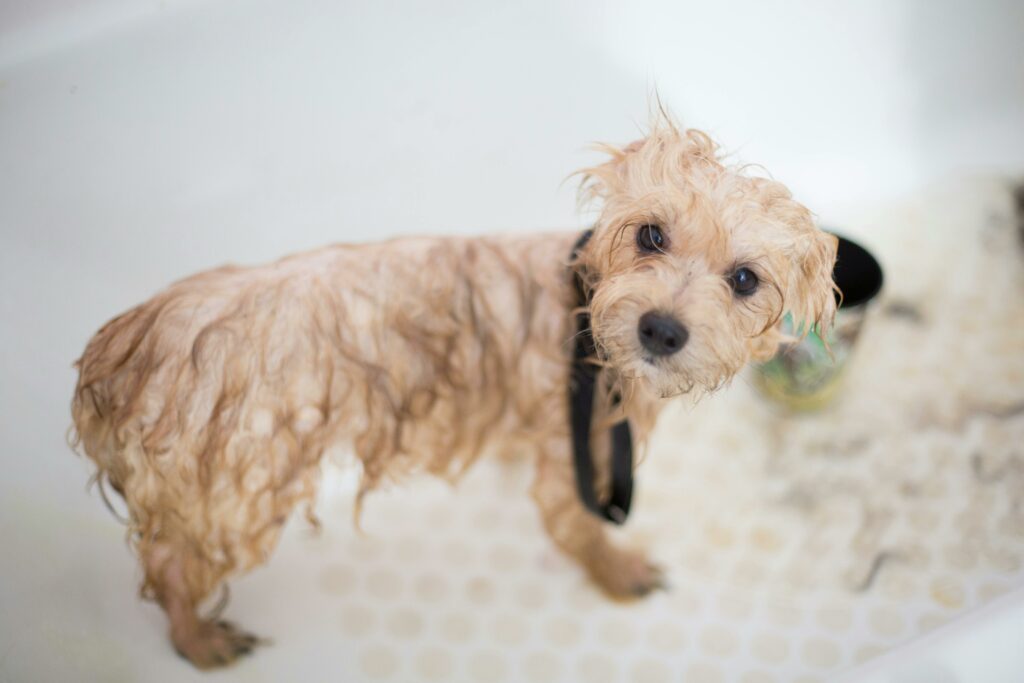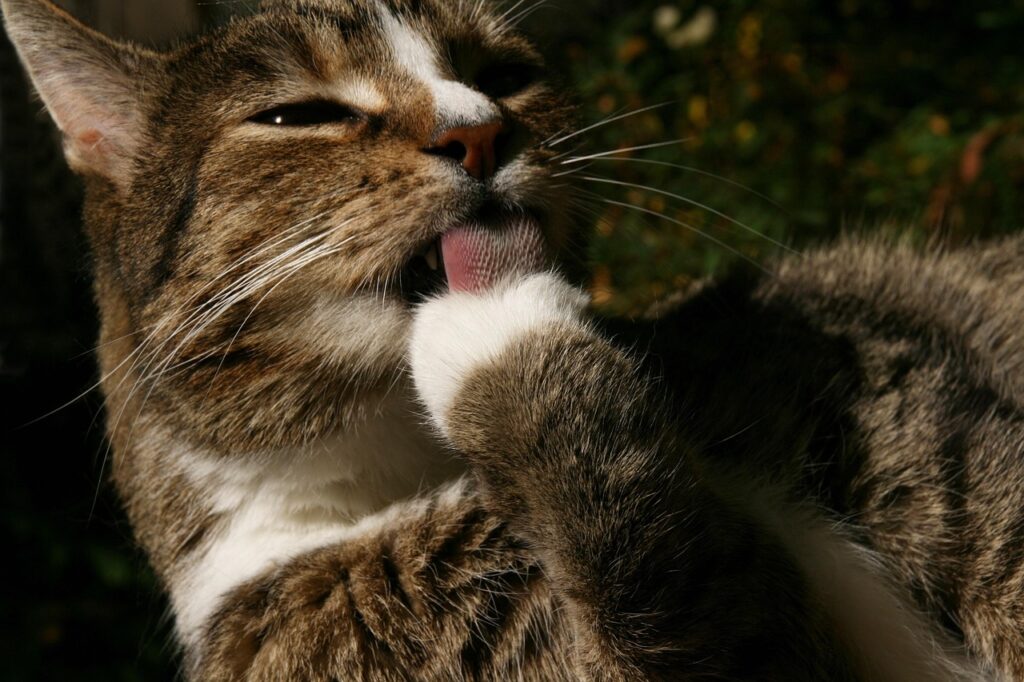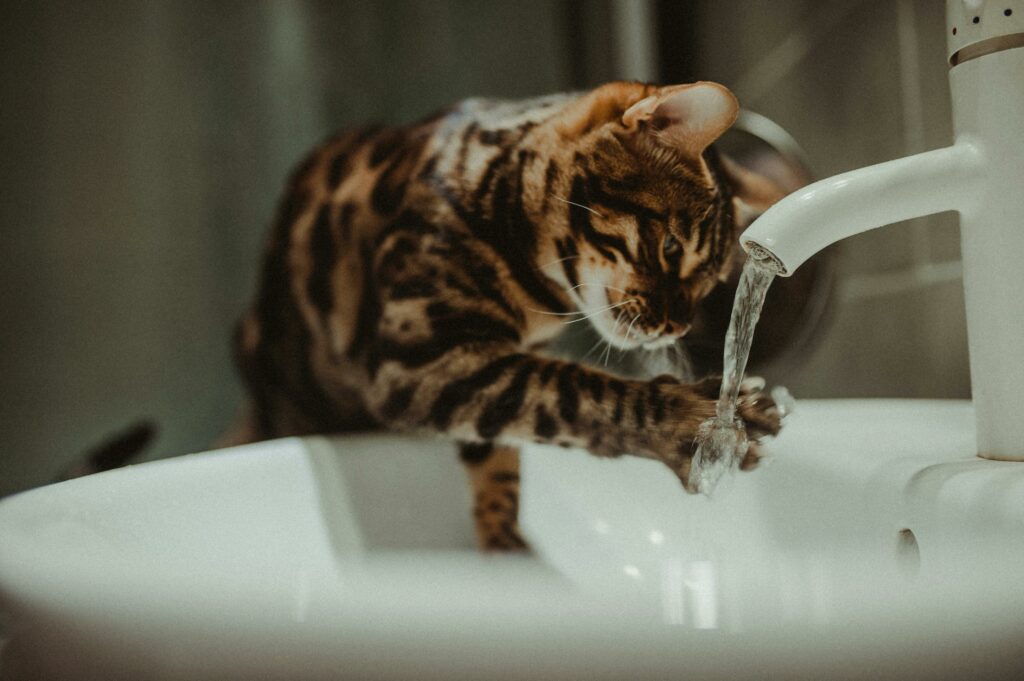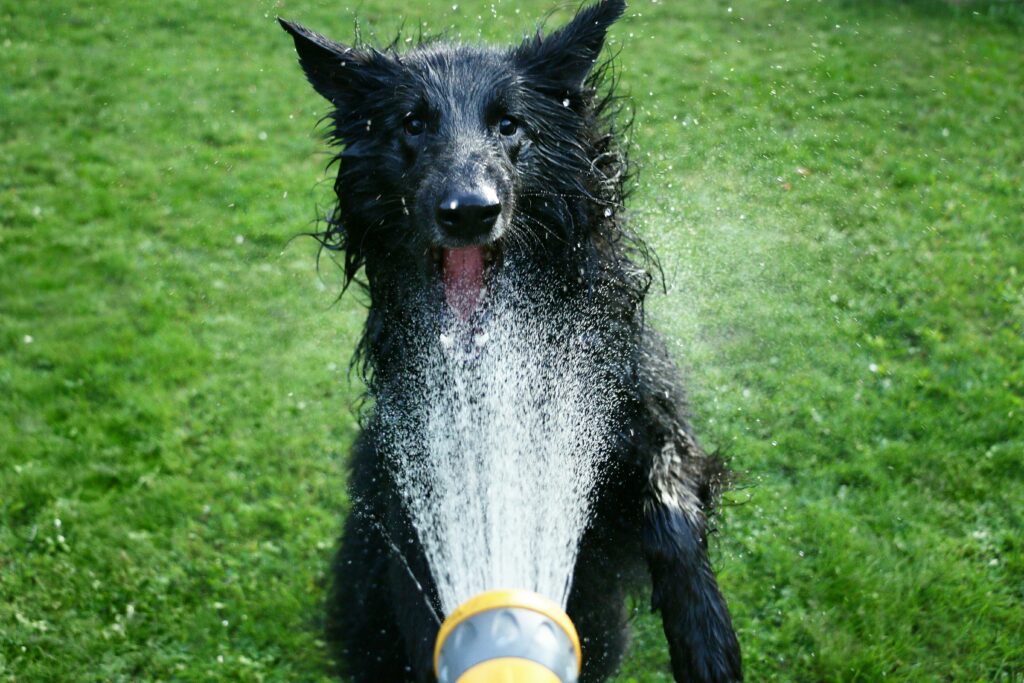
Singapore’s hot and humid climate presents unique challenges for pet owners. With high humidity levels and frequent rain showers, pet hygiene becomes a concern. But how often should you bathe your pet in such weather? Bathing too frequently can lead to dry skin and irritation, while infrequent baths may cause odors and skin infections. Let’s explore the ideal bathing routine for pets in Singapore.
Factors Affecting Pet Bathing Frequency
1. Pet Breed and Coat Type
Different breeds have varying bathing needs:
Short-haired breeds (e.g., Beagles, Dobermans) require less frequent baths as their coats naturally repel dirt.
Long-haired breeds (e.g., Golden Retrievers, Persians) may need more regular bathing to prevent matting and dirt buildup.
Double-coated breeds (e.g., Huskies, Pomeranians) should be bathed sparingly to maintain natural oils.
2. Activity Level and Lifestyle
A pet that spends a lot of time outdoors will need more frequent baths than one that stays indoors. Activities such as playing in parks, swimming, or rolling in dirt will increase the need for washing.
3. Skin Conditions and Allergies
Pets with sensitive skin or allergies may need medicated baths prescribed by a vet. Overbathing can strip essential oils, so consulting a veterinarian is crucial for pets with dermatitis or flea infestations.
4. Singapore’s Humid Climate
Humidity can cause moisture buildup on the skin, leading to fungal infections and bad odors. Regular bathing helps manage these risks but should be done correctly to avoid skin dryness.

Recommended Bathing Schedule for Different Pets
Dogs
Short-haired dogs: Once every 3-4 weeks.
Long-haired dogs: Once every 2-3 weeks.
Active outdoor dogs: Every 1-2 weeks, depending on dirt accumulation.
Dogs with skin conditions: Follow veterinarian recommendations.
Cats
Cats are known for self-grooming, so they require less frequent bathing:
Short-haired cats: Every 4-6 weeks.
Long-haired cats: Every 3-4 weeks, especially if prone to matting.
Elderly or obese cats: May need more assistance with grooming.
Small Pets (Rabbits, Guinea Pigs, Hamsters)
These pets generally do not require frequent bathing as it can be stressful:
Spot clean with a damp cloth when necessary.
Dry baths (using pet-safe powders) help maintain hygiene.

Proper Pet Bathing Techniques
To ensure your pet’s comfort and health, follow these guidelines:
1. Use Lukewarm Water
Extremes in temperature can shock your pet’s system. Always use lukewarm water to ensure a comfortable bath experience.
2. Choose Pet-Safe Shampoo
Avoid using human shampoo, as it may contain harmful chemicals. Opt for a mild, pH-balanced pet shampoo suited to your pet’s skin type.
3. Dry Thoroughly After Bathing
In Singapore’s humidity, proper drying is crucial to prevent fungal infections. Use a towel and a pet-safe blow dryer on a low setting.
4. Brush Before and After Bathing
Brushing before a bath removes tangles and loose fur, while post-bath brushing helps distribute natural oils and prevents matting.

Common Bathing Mistakes to Avoid
Overbathing: Strips essential oils, leading to dry skin and irritation.
Using Harsh Products: Always select veterinarian-approved shampoos.
Leaving Moisture in Fur: Increases the risk of skin infections.
Not Rinsing Properly: Residual shampoo can cause itchiness and allergies.
Alternatives to Frequent Bathing
If your pet needs freshening up between baths, consider:
Pet wipes: Great for quick clean-ups.
Dry shampoos: Help maintain coat freshness without water.
Regular brushing: Removes dirt and distributes oils naturally.
Proper diet: A healthy diet contributes to skin and coat health.
Conclusion
Understanding the right pet bathing frequency is essential for maintaining pet hygiene while protecting their skin and coat health. Factors like breed, lifestyle, and climate play a role in determining how often your pet should be bathed. By following proper bathing techniques and using alternative cleaning methods, pet owners in Singapore can keep their furry friends clean and comfortable in the humid weather.
References
How to Bathe Your Dog as a First-Time Pet Owner? A Guide for Singapore Dog Parents – https://petizen.sg/blogs/about-petizen-grooming/how-to-bathe-your-dog-as-a-first-time-pet-owner-a-guide-for-singapore-dog-parents
Taking shower for dogs – https://pawspals.com.sg/article/taking-shower-for-dogs-3/
How to Keep Your Dog’s Hair, Teeth, and Nails in Tip-Top Shape – https://www.thesprucepets.com/caring-for-dog-hair-teeth-nails-8695916
Share this:
- Click to share on WhatsApp (Opens in new window) WhatsApp
- Click to share on Facebook (Opens in new window) Facebook
- Click to share on LinkedIn (Opens in new window) LinkedIn
- Click to share on Pinterest (Opens in new window) Pinterest
- Click to share on Tumblr (Opens in new window) Tumblr
- Click to share on X (Opens in new window) X
- Click to share on Reddit (Opens in new window) Reddit
- Click to share on Telegram (Opens in new window) Telegram
- Click to email a link to a friend (Opens in new window) Email
- Click to print (Opens in new window) Print






























